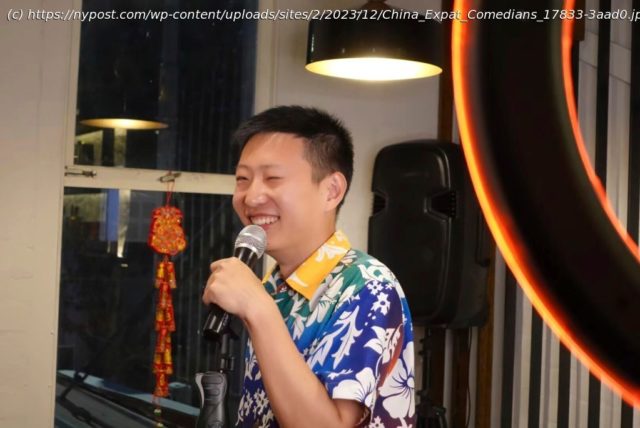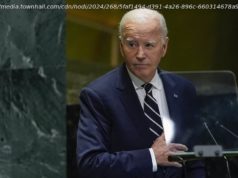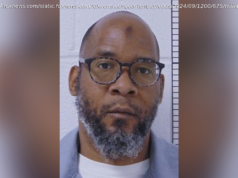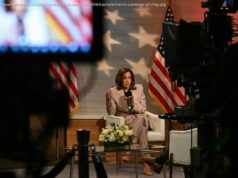Comedian Xi Diao says he knows he should avoid talking politics on stage, but sharing a family name with Chinese President Xi Jinping makes it hard to resist.
Comedian Xi Diao says he knows he should avoid talking politics on stage, but sharing a family name with Chinese President Xi Jinping makes it hard to resist.
Even his name is politically sensitive, the Melbourne-based amateur comedian tells audiences, setting up a joke about a group chat on the Chinese messaging service WeChat being shut down as soon as he joined it.
The 33-year-old civil engineer gets nervous laughs whenever he breaks a de facto rule of Chinese comedy: Don’t say anything that makes China look bad.
To most comedians, that means no jokes about censorship, no mentioning the president’s name, and no discussion of China’s extraordinarily strict COVID lockdowns or social topics like domestic violence.
“It is a pity, if the environment were open, there would be somebody world-class coming up,” Xi said.
Mandarin-language standup comedy is growing, and not just in China.
The medium has taken off in the last decade, and China’s expatriate population has established clubs in cities like New York, Tokyo and Madrid.
Comedians are known for bristling at limits, but most Mandarin-language comedians, and many fans, say some topics have no place in the comedy club.
In China there are censors who review jokes in advance, and punish performers who cross political red lines.
Earlier this year, an entertainment company was fined about $2 million when star comedian Li Haoshi made a joke that referenced a Chinese military slogan.
Overseas, comedians say they don’t fear punishment, but most say political jokes aren’t funny, or make people uncomfortable. Many are not very familiar with political humor, after growing up in a country that largely censors it.
“We make what the audience likes,” said Guo Jia, a businessman who runs a comedy club in Tokyo. He said discomfort with politics is part of Chinese culture, comparing it to sensitivities about race in the United States.
“There are some areas where people won’t go, but it’s not typically because of government policies, but more social pressure or culture or religion,” said Michel Hockx, a professor of Chinese Literature and director of the Liu Institute for Asia and Asian Studies in University of Notre Dame.
Home
United States
USA — mix China’s government can’t take a joke, so comedians living abroad censor themselves






